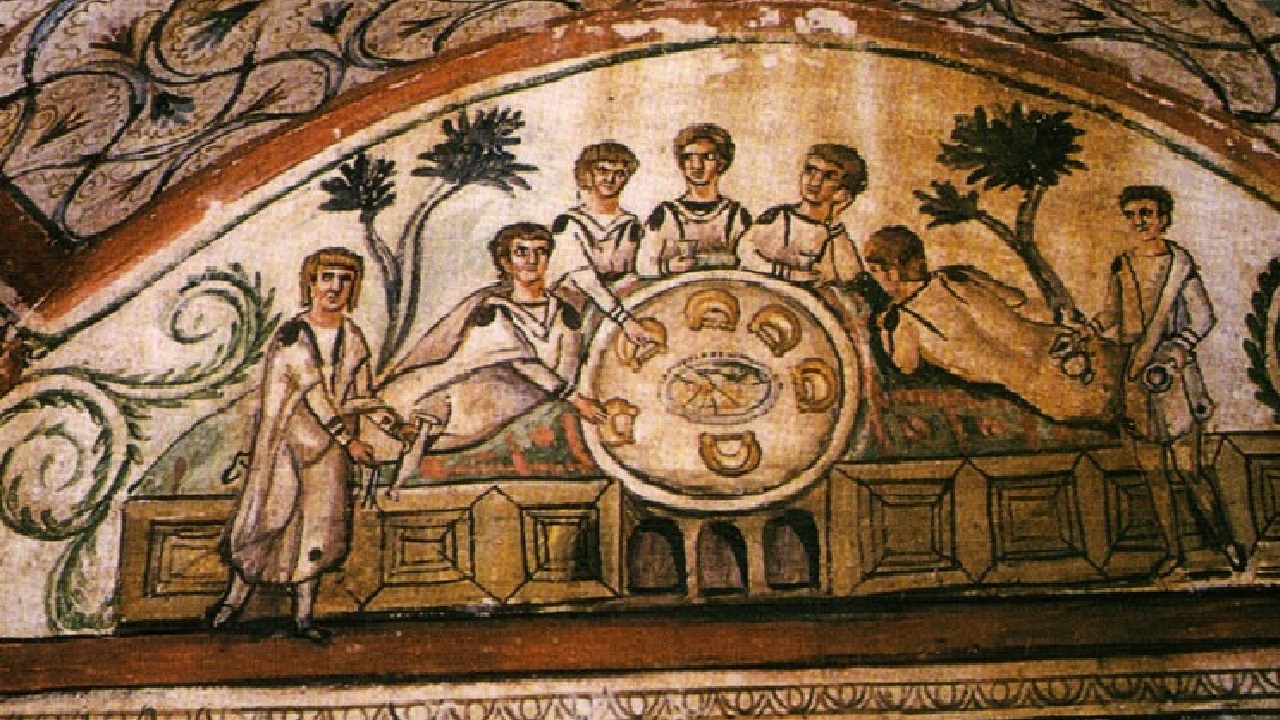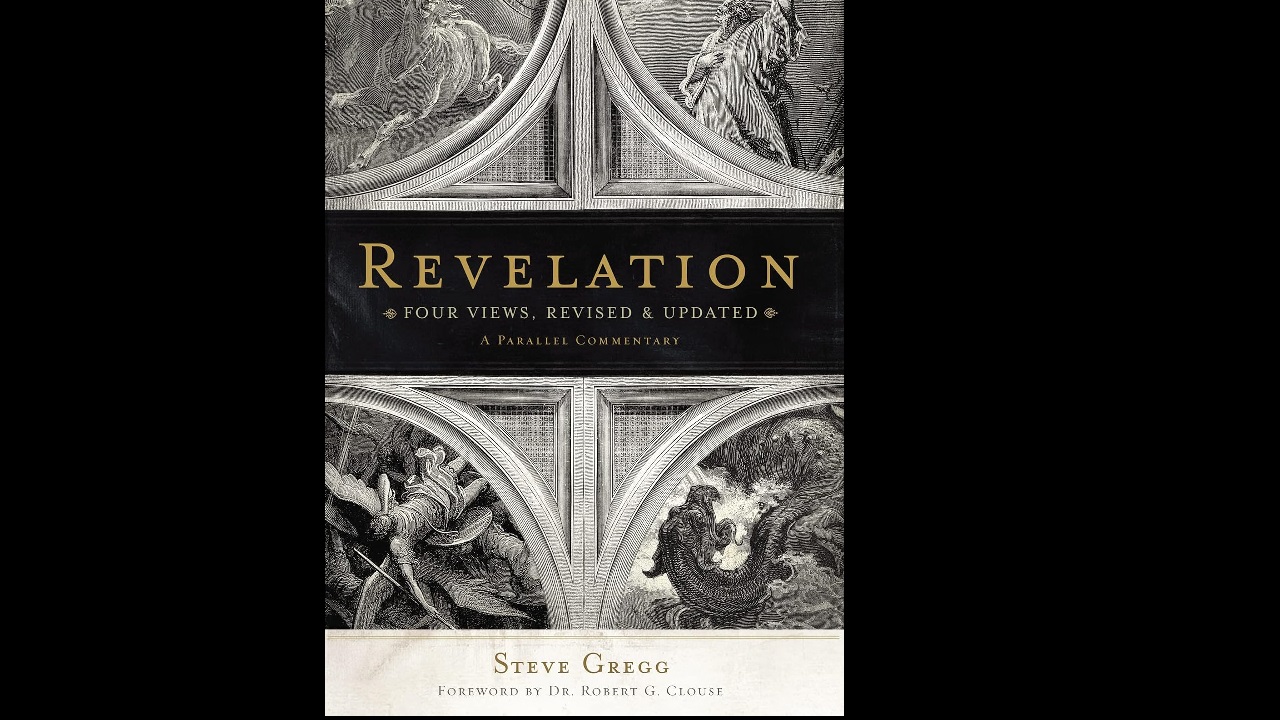The substitutionary atonement of Jesus, that he died in our place, for our sins, should not be confused with penal substitutionary atonement theory:
God had to take out His rage and anger on His own Son like some mad, impetuous, tyrannical father.
As the authors of the book The Lost Message rightly noted:
“The fact is that the cross isn’t a form of cosmic child abuse — a vengeful Father, punishing his Son for an offence he has not even committed….If the cross is a personal act of violence perpetrated by God towards humankind but borne by his Son, then it makes a mockery of Jesus’ own teaching to love your enemies and to refuse to repay evil with evil.”[1]
So please keep this in mind as I present the substitutionary view.
In Mark 10:45 Jesus says:
“For the Son of Man did not come to be served but to serve, and to give his life as a ransom in the place of [anti] many” (also Matt. 20:28).
The Greek preposition anti means as a substitute, in the place of someone else. Other examples of the Greek preposition used this way include “Archelaus reigned over Judea in place of [anti] his father Herod” (Matt. 2:22). And Jesus asked, “What father among you, if his son asks for a fish, will instead of [anti] a fish give him a snake?” (Luke 11:11).
Anthony Buzzard notes in his One God, the Father translation that Mark 10:45 is “A foundational saying showing that the death of Jesus was in our place (anti), as a substitution, following the teaching of Isa. 53:6: ‘God laid on him the iniquity of us all.’ …Jesus did not die merely as a ‘good example.’ He died in our place.”
The NET Bible note adds that the Greek word for “ransom” in Mark 10:45 and Matthew 20:28 “refers to the payment of a price in order to purchase the freedom of a slave. The idea of Jesus as the ‘ransom’ is that he paid the price with his own life by standing in humanity’s place as a substitute, enduring the judgment that was deserved for sin.”
This principle was established by God from Genesis itself, as a result of the fall of our human ancestors Adam and Eve. The story of Abraham and his son Isaac in Genesis 22 is generally seen as a prototype of the Messiah Jesus story in the New Testament. And the Old Testament animal sacrifices pointed forward to Jesus’ substitutionary death. Innocent animals died in place of guilty sinners.
Also see the predictions of the suffering servant in Psalm 22 and Isaiah 42; 49-50; 52-53, specifically 53:5-12:
“He was pierced for our offenses; he was crushed for our wrongdoings. The punishment for our well-being was laid on him, and by his wounds we are healed…The LORD has caused the wrongdoing of us all to fall on him…He was cut off from the land of the living for the wrongdoing of My people, to whom the blow was due…He himself bore the sin of many.”
Clearly Jesus died for our sins, not merely as a good model or example for us to obey.
This was also the understanding of Paul who states plainly that Christ “died for our sins according to the Scriptures” (1 Cor. 15:3). He “gave himself for our sins to rescue us from this present evil age” (Gal. 1:4). He “died for us” (1 Thess. 5:10). “While we were still sinners, Christ died for us” (Rom. 5:8). He was “delivered up for us all” (Rom. 8:32). “He gave himself up for us” (Eph. 5:2). He “became a curse for us” (Gal. 3:13). “One died for all, and so all died. And he died for all so that those who live should no longer live for themselves, but for him who died for them and was raised for them” (2 Cor. 5:14-15).
In 2 Corinthians 5:21 Paul says that “the one who knew no sin, God made to be sin on our behalf”; and in Acts 20:28 God bought the church with “the blood of His own Son.” We were “bought with a price” (1 Cor. 6:20; 7:23).
George Ladd notes in A Theology of the New Testament that “in such passages [2 Cor. 5:15; Gal. 3:13] where it is said that Christ became a curse on our behalf, the idea of substitution is demanded and only violence to the context can get rid of it.”
Ladd continues, “In a number of references Paul distinctly associates the death of Christ with the Old Testament ritual and concept of sacrifice. Whether hilasterion (Rom. 3:25) is to be translated mercy seat (its apparent meaning in the LXX) or not, by the use of the word Paul makes a direct allusion to the sin offering that was presented by the High Priest on the great Day of Atonement. Paul describes the death of Christ as ‘a fragrant offering and sacrifice to God’ (Eph. 5:2).”
The same understanding of Jesus’ substitutionary death was held by the rest of the Apostles:
- John 1:29: “The lamb of God who takes away the sins of the world!”
- 1 Peter 1:18-19: “You know that you were redeemed from the useless way of life handed down from your ancestors, not with perishable things like silver or gold, but with precious blood like that of a spotless and pure lamb, the blood of Messiah.”
- 1 Peter 2:24: “He himself bore our sins in his body on the cross” (quoting Isa. 53:4, 12).
- Revelation 1:5: “Jesus the Messiah…who freed us from our sins at the cost of his own blood.”
- 1 John 2:2: “He himself is the atoning sacrifice for our sins, and not only for our sins but also for the sins of the whole world” (also 1 John 4:10).
Note that this stands in sharp contrast to the so-called “limited atonement” teaching of Calvinism, that Christ died for a predestined elect/chosen few only.
The idea of one person dying in the place of many was understood by some of Jesus’ own Jewish contemporaries. In John 11:50 the Jewish high priest Caiaphas speaks to the Sanhedrin:
“You do not understand that it is to your advantage that one man should die for the people rather than that the whole nation should perish.”
The point is that Jesus died for every person who obeys his call to repent and believe his Kingdom Gospel message (see Mark 1:14-15). This must take place in order to be forgiven and be saved, according to his parable of the sower in Mark 4, Luke 8, and Matthew 13.
Similarly, Paul in 1 Timothy 2:4-6 says, “God desires that all people be saved” and Jesus “gave himself as a ransom for all.” But these scriptures should not be confused with universalism or universal reconciliation, the idea that every single human (evil or not) will eventually be saved.
The fact that the Messiah died in our place should not be understood in the penal substitutionary way of a ransom payment to Satan or to a vindictive God. The meaning behind the metaphor is simply that Jesus’ blood, i.e., his life, is the means by which his followers will eventually attain the eternal life of the Kingdom age to come.
This truth is seen in the beautiful song to the Lamb in Revelation 5.9-10:
“You are worthy to take the scroll and to open its seals, because you were killed, and at the price of your blood you purchased people for God from every tribe, language, people, and nation. You constituted them as a kingdom and priests to our God, and they will reign as kings on the earth.”
[1] Chalke & Mann, The Lost Message, pp. 182-3.




